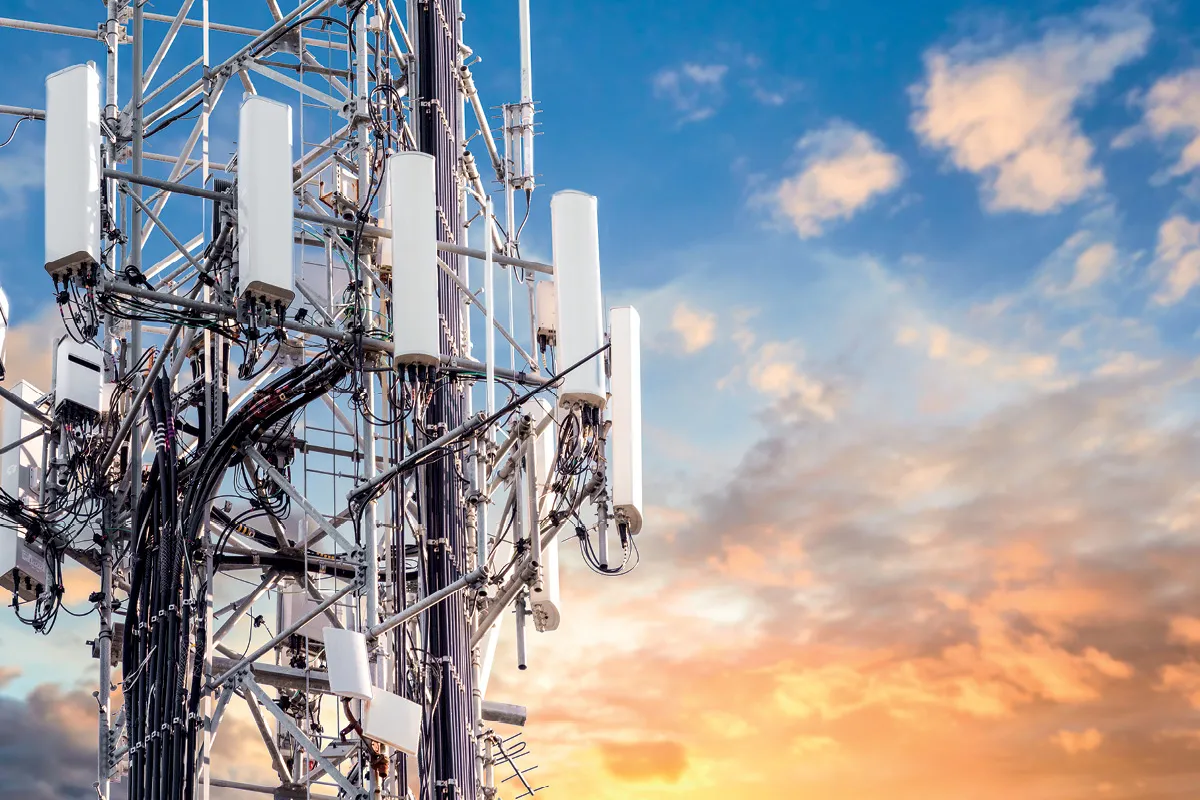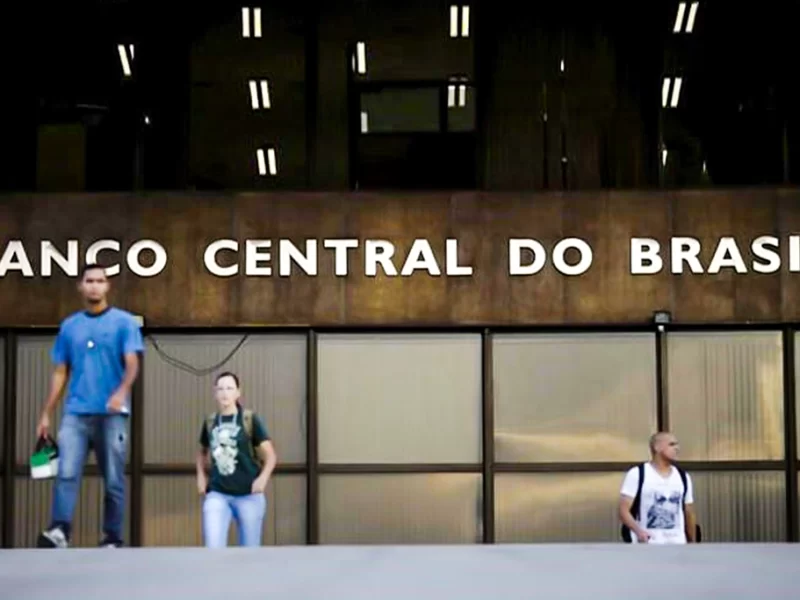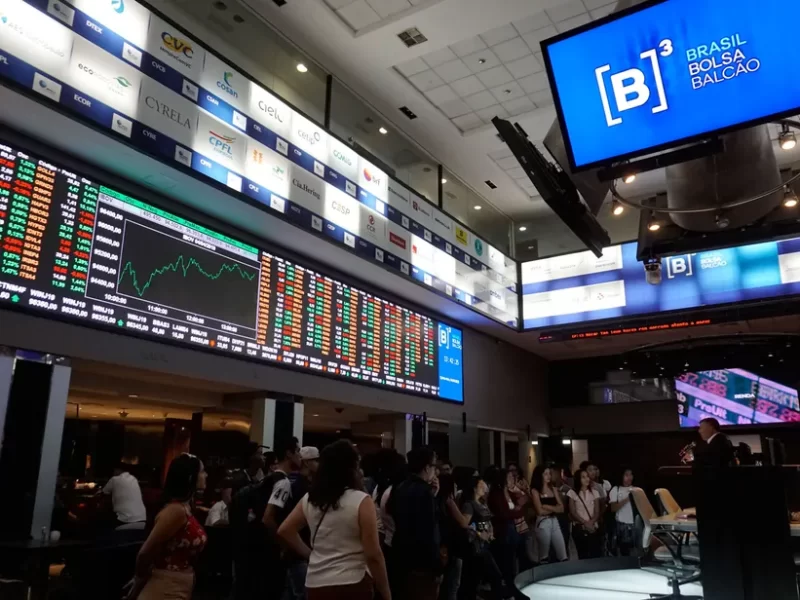The telecom industry witnessed a significant increase in merger and acquisition (M&A) activities during the first half of 2024.
Bain & Company data reveals significant growth in M&A deals within the telecom and infrastructure sectors. The total value of these transactions reached 43 billion dollars, marking an increase of 162% compared to the same period of 2023.
The American continent played a decisive role in this expansion. M&A transactions in America reached $18 billion between January and June.
This figure represents more than three times the amount recorded in the first six months of the previous year. However, Brazil’s M&A landscape tells a different story.
The country saw a sharp decline in the volume of transactions. It fell from $6.6 billion in 2020 to roughly $100 million in 2023. The first half of 2024 saw no transactions that met Bain’s inclusion criteria.


The second half of 2024 brought a notable development in the Brazilian telecom market. V.tal, a digital infrastructure provider, agreed to acquire Oi’s portfolio of fiber optic broadband customers.
The deal, valued at $5.68 billion, includes 4.3 million access points using this technology. The creation of V.tal in 2021, through the spin-off of Oi’s fiber optic assets, illustrates a growing global trend.
Changes in the telecom sector
Herbert Blum, Bain’s global leader for communications, media and entertainment, describes this as a “tectonic” shift in the structure of the market over the past five years.
This change marks a departure from the traditional integrated business model that dominated the sector for nearly 140 years. In the old model, a single company provided services through its own network.
The new landscape favors more decentralized and lightweight business models. Telecom companies are now shedding non-core assets such as cell towers and fiber optic networks.
Fiber optic technology allows for a wide range of services, some of which did not exist when networks were first implemented. The sharing of infrastructure and services, along with the diversification of the business model, expands M&A opportunities.
It facilitates the emergence of new players such as neutral infrastructure providers and mobile virtual operators. In Brazil, however, the effects of this disintegration appear to be diminishing.
KPMG data shows 29 M&A deals in the telecom and media segments from January to September 2024. This number is down from 48 in the same period in 2023.
Marcio Kanamaru, KPMG’s partner leader for technology, media and telecom in Brazil and South America, provides insight. He attributes this slowdown to investor caution amid economic challenges and regulatory adjustments.
Changes in growth expectations and cost pressures related to return on invested capital also play a role. Despite the slowdown, the consolidation trend remains strong.
Telecom operators are driven by the need to gain scale, optimize infrastructure and invest in new technologies. These include 5G networks, artificial intelligence and fiber optics.
Kanamaru predicts that future M&A activity will be more selective and strategic. Companies will seek deals that ensure return on investment and expand market reach without compromising financial health.
In short, this approach reflects a maturing market adapting to new economic realities and technological demands.



